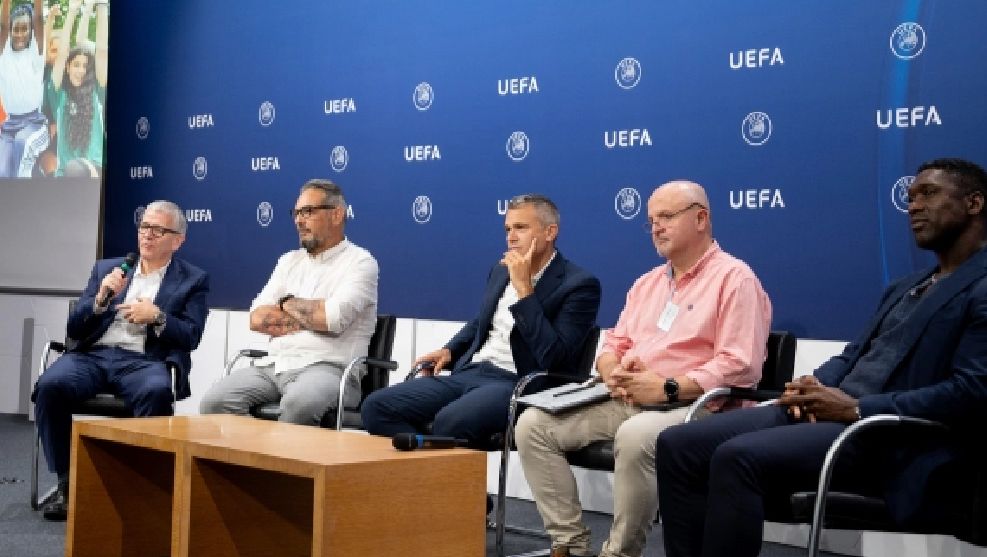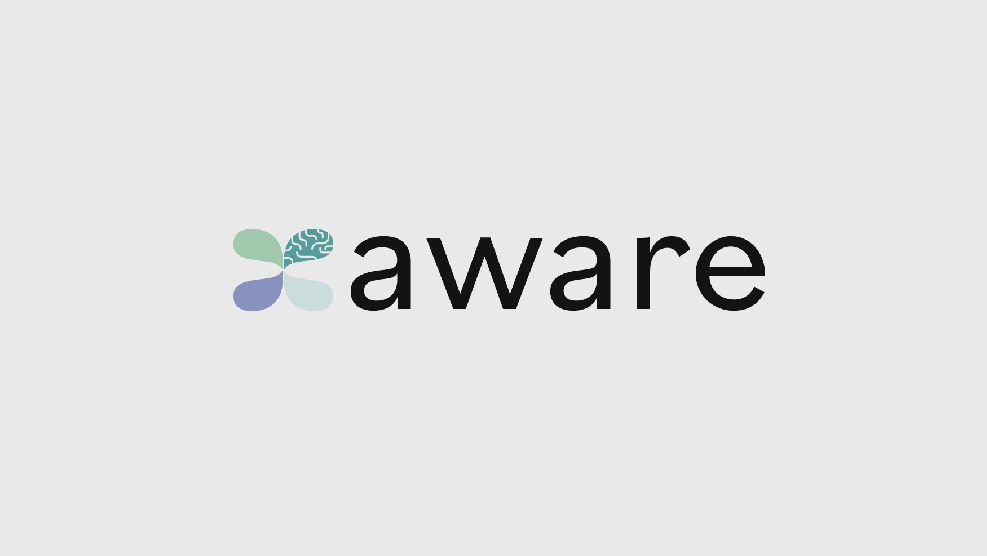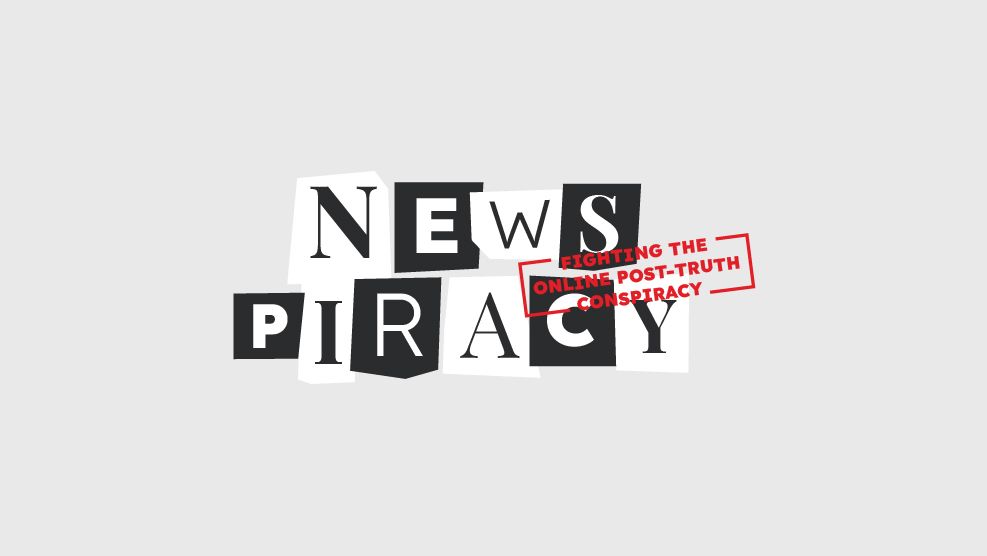Intercultural Integration in Cyprus: Understanding Employment Rights for Better Inclusion
Evidently, the rising number of arrivals poses a hard to resolve puzzle for Cypriot authorities and stakeholders.
This riddle requires a structured approach: to ensure that the rights of refugees and asylum seekers are safeguarded (on both humanitarian grounds and per the Republic of Cyprus’ legal obligations), while they can effectively integrate and contribute to the society. But if all pieces fit in their place, it offers not just doors for facilitating refugee integration – Cyprus also has many benefits to reap. This entails though, a multifaceted approach that supports refugee inclusion in education, the labour market and society at large, that will enable them to become contributing members of our communities.
This belief comes at the core of Building Structures Integration in Cyprus project, implemented by the Council of Europe’s Intercultural Cities Programme and the European Commission’s Directorate General for Structural Reform Support, in partnership with the Civil Registry and Migration Department of the Ministry of Interior of the Republic of Cyprus. The project has been working in close collaboration with local administrations and community actors across Cyprus to play an integral role in fostering inclusion. To that end, the programme had also delved into the labour market to help both employers and refugees-asylum seekers navigate through the legal framework and particularities of employment.
Teaching how to ‘Catch a Fish’
For more long-term integration, it’s essential to address how the legal and employment frameworks offer opportunities for growth, education and development for the asylum seekers in their new host countries. As the good old proverb goes – “If you give a man a fish, you feed him for a day. If you teach a man to fish, you feed him for a lifetime.” For that to happen, migrants and asylum seekers, as well as employers need to know their rights and duties.
To contribute, as part of the Intercultural integration in Cyprus project, CARDET and partners have created a set of handbooks that include important information as to the fields of work refugees are allowed to work in, as well as important guidelines on contracts, working hours, wages, various forms of leave, social welfare benefits, healthcare, and labour relations. The guide and handbooks thus serve as invaluable resources for employers and employees to grasp a full picture of the Republic of Cyprus’ legal framework in regards to refugees’ entrance to the labour market.
Building Structures for Intercultural Integration in Cyprus Project aims to highlight the importance of employment rights as one of the facets for a sustainable path towards a healthy intercultural society. Investment in human capital can help not only boost the economy and help employers address labour shortages but more importantly, help refugees become part of a wider community that’s not defined by the ‘asylum seeker’ status.
The opportunities that lie before us
Intercultural integration in Cyprus presents both challenges and tremendous opportunities. By recognizing the potential benefits of embracing diversity and working together to overcome obstacles, Cyprus can create a society that thrives on the contributions of all its members. There’s no one-size-fits-all solution, instead it’s a mere invitation to develop a 360° approach including – language courses, education and vocational training for children and adults, support with cultural and social orientation, support with personal relationships and networking in the new community are some of the main steps that need to be followed for building trust, fostering cohesion and managing diversity. Every facet plays a role.
Learn more about the “Intercultural integration in Cyprus” project partners, activities and objectives here.
Check out the guides:









